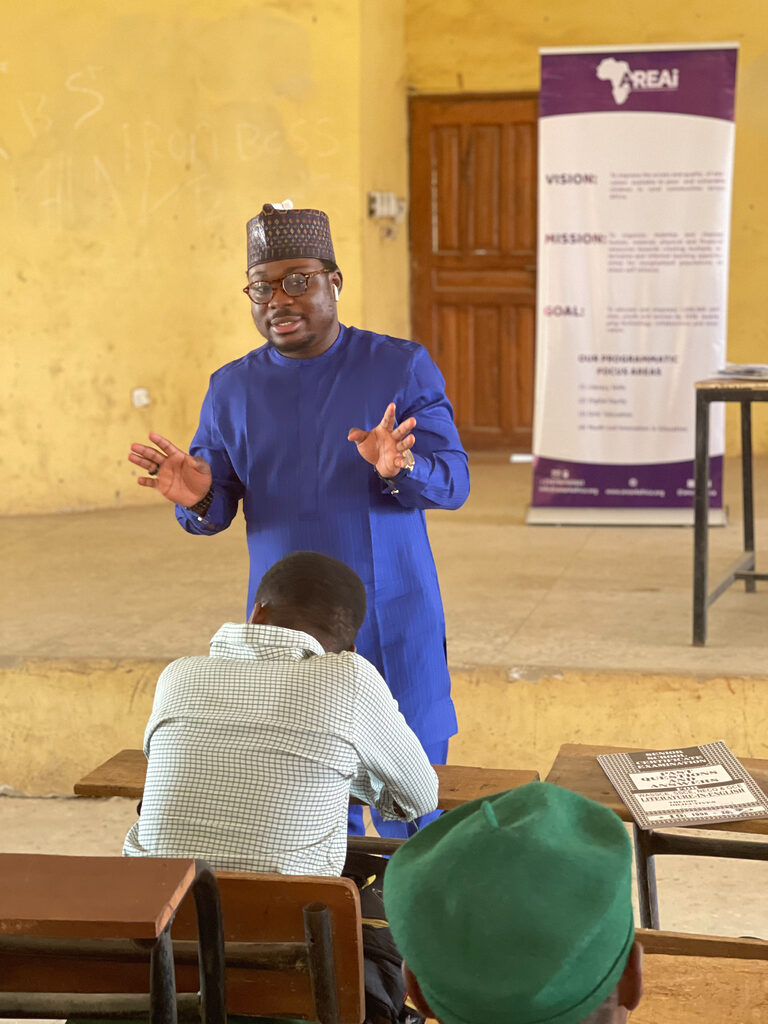
According to the UNESCO Institute of Statistics, 60% of youths aged 15-17 years are not in school and one of the factors responsible for this is the hidden/direct costs of education. In Nigeria, 15-17-year-olds are four times as likely to be out of school as children aged 6-12. This is partly because Junior Secondary School completion is compulsory and free in almost every country while senior secondary school is not. Also, these young people are often of legal working age. The situation is not different in Nigeria as these challenges contribute to the number of out of school youths and reduce the number of young people with the relevant skills and knowledge for tertiary enrolment. This challenge also contributes to disparity in education, especially for poor, vulnerable and indigenous students.
In Nigeria for example, the fees for transitions exams such as Unified Tertiary Matriculation Examination (UTME), West African Senior School Certificate Examination (WASSCE) and The National Examination Council Senior Secondary Certificate Examination (NECO) often keep some students out of completing their secondary education or transitioning to higher education. In more relatable terms, falling behind on exam fees is a fear that many students in Nigeria face, and for a large percentage of students in transition classes particularly in government-owned secondary schools, this is a scary reality they face and live through. Many survive this scourge, undertake exams and proceed to attain self-reliance. For millions who cannot and do not overcome this limitation, an urgent response is more than needed.
The Exam Bursary Fund was designed to offer immediate but comprehensive support to academically bright but financially disadvantaged students in underserved schools and from low-income households. In line with the overall goal of universal access to education, financial aids such as the Exam Fees Bursary Fund offer an alternative funding stream into education transition within limited resource and constricted budgetary environments and represents an opportunity for those that may otherwise be financially excluded from pursuing their educational aspirations. The program incorporates a series of career mentorship and exam preparation support events to strategically provide sound guidance for students to make the right decision at a time when they need it the most. We have implemented the Exam Bursary Fund across schools in Abuja and we plan to adopt more schools and communities for subsequent implementation. Every year, we support 100 to 200 students who would have their exam fees paid, based on varying preferences. Funding for the Exam Bursary Fund would be mobilised from across the world, with major support from individuals willing to support these students.